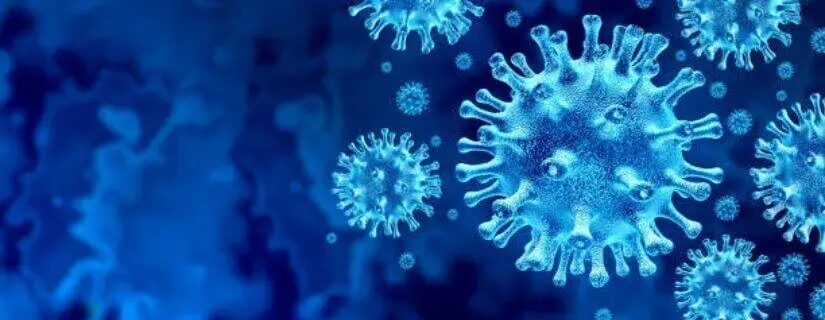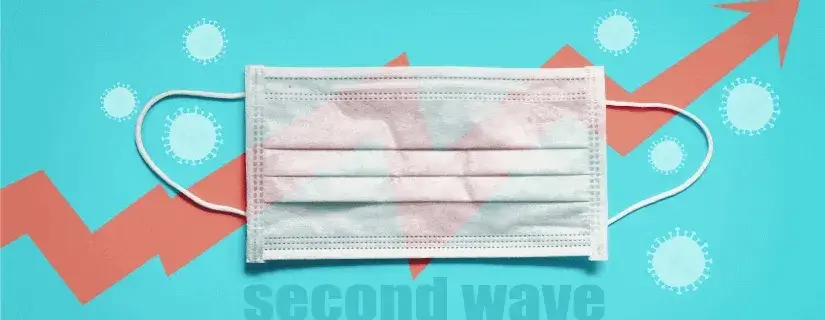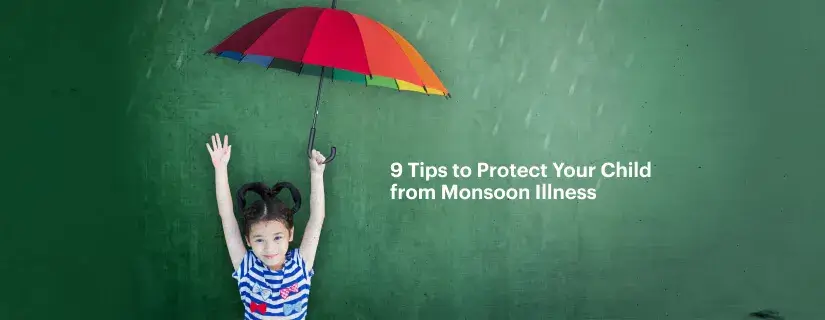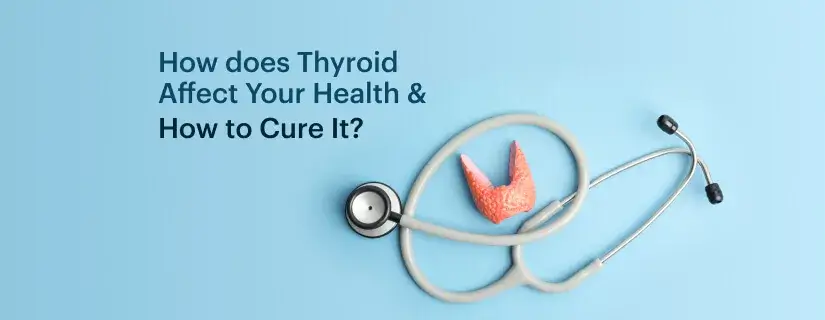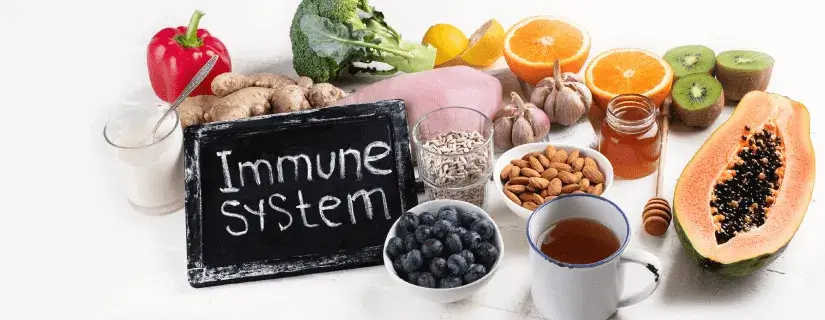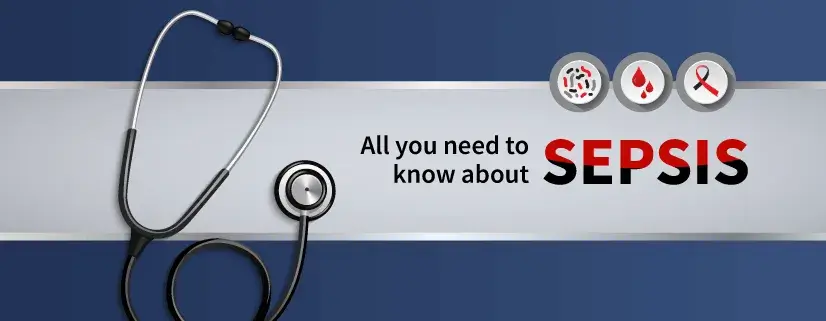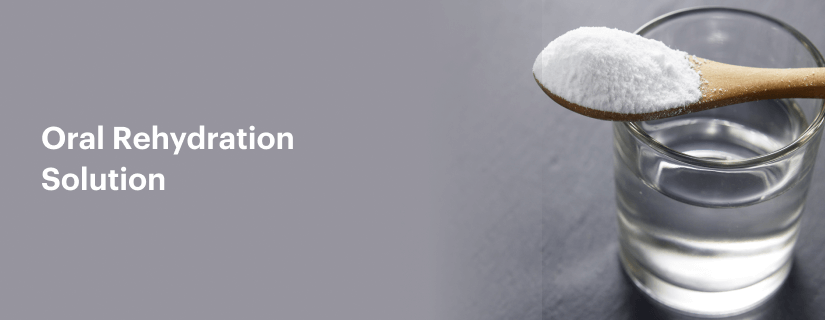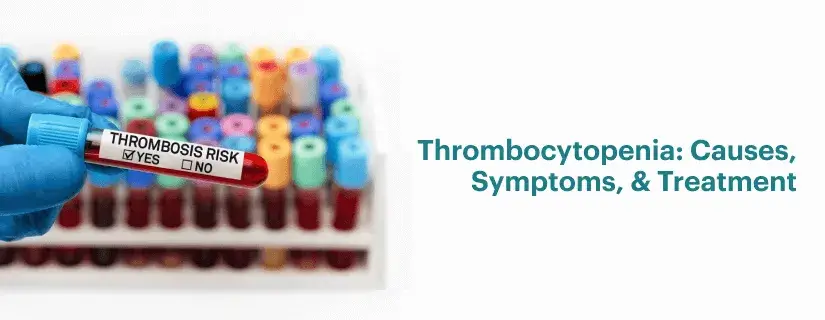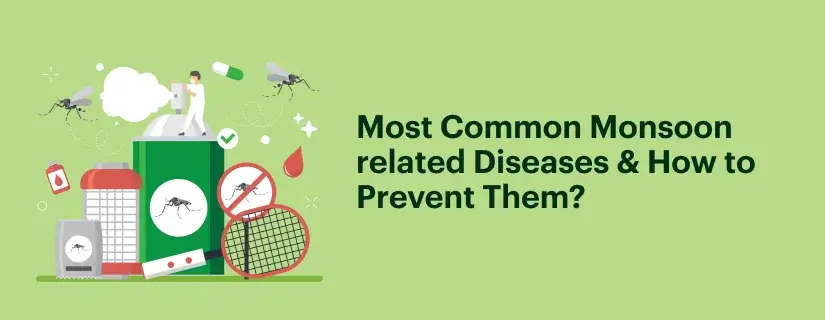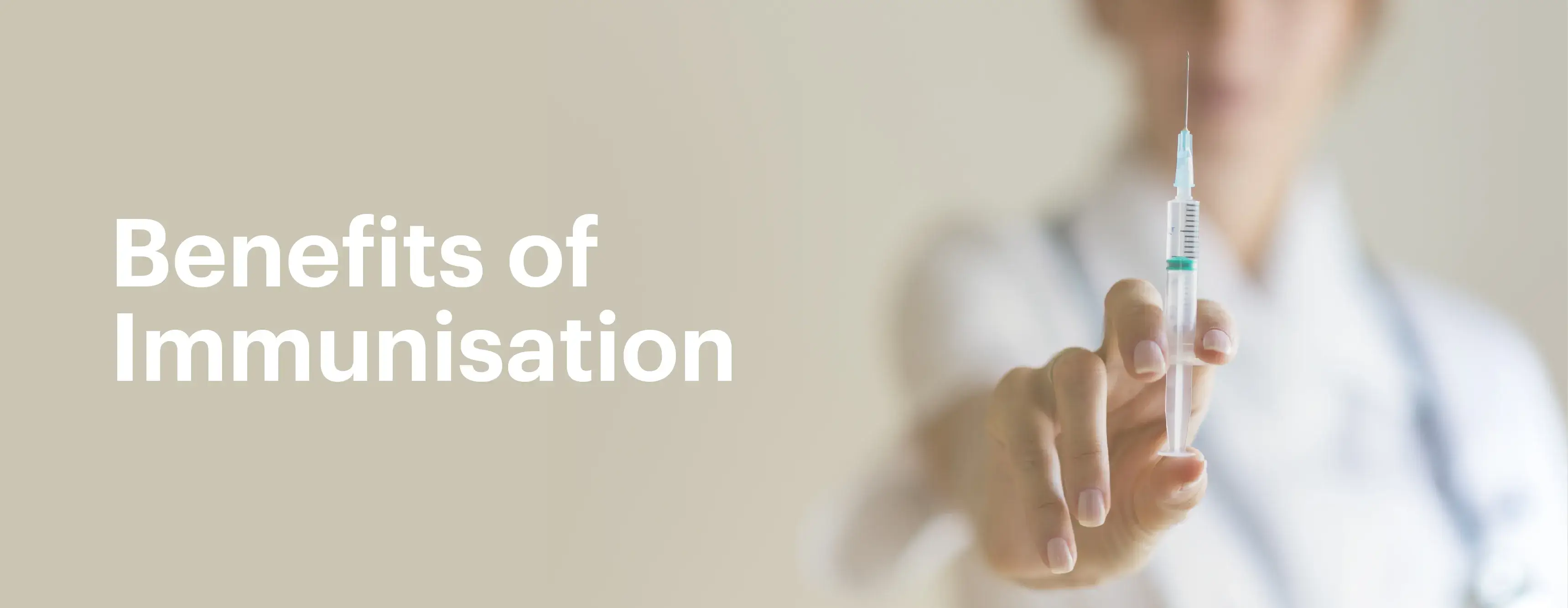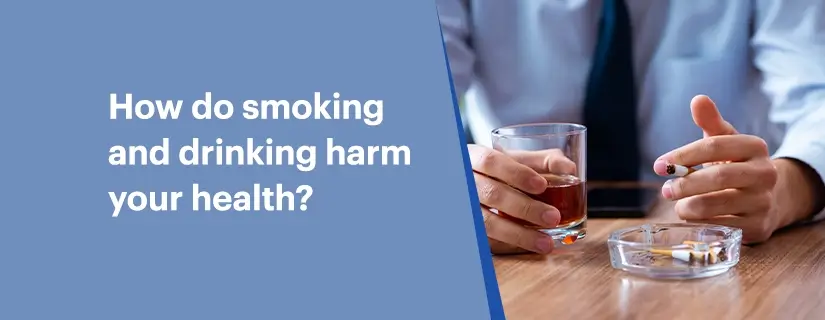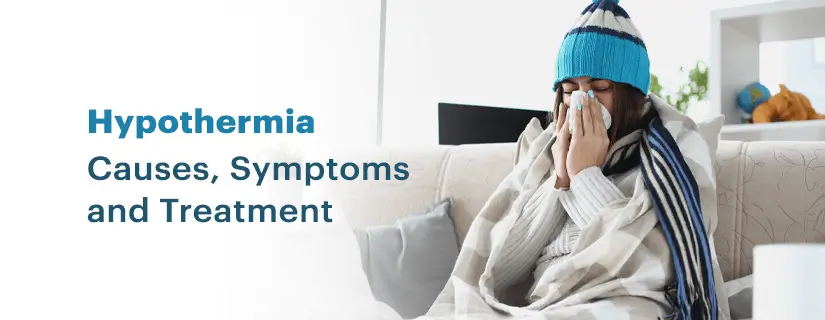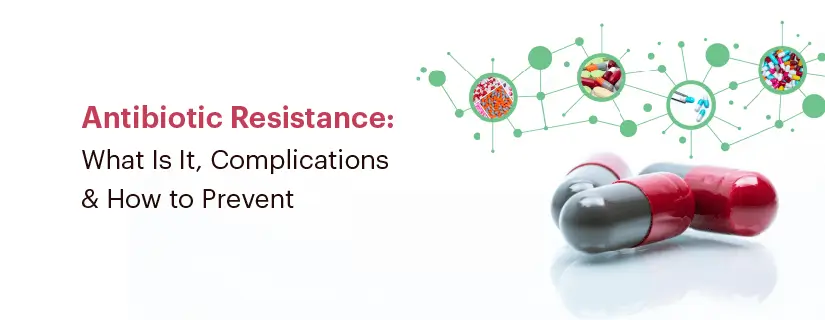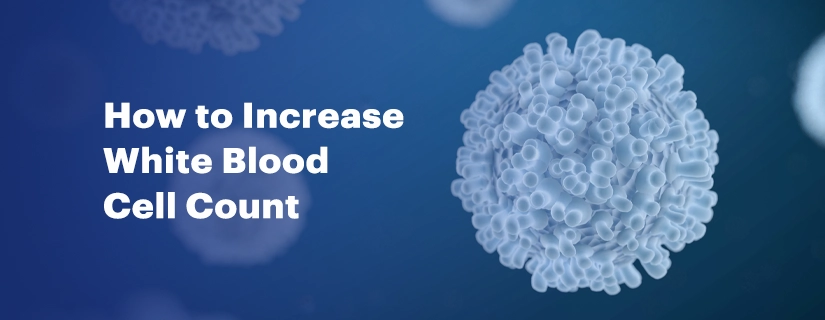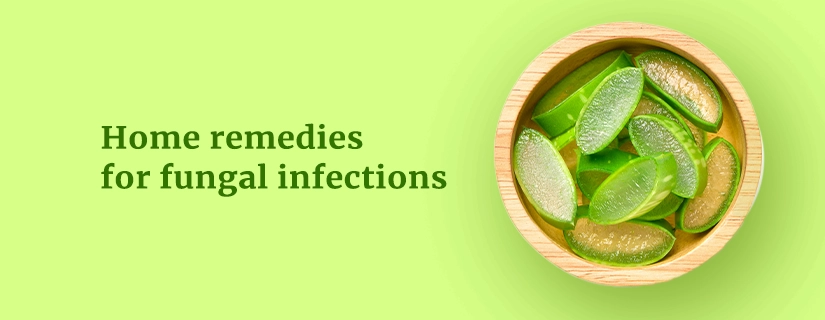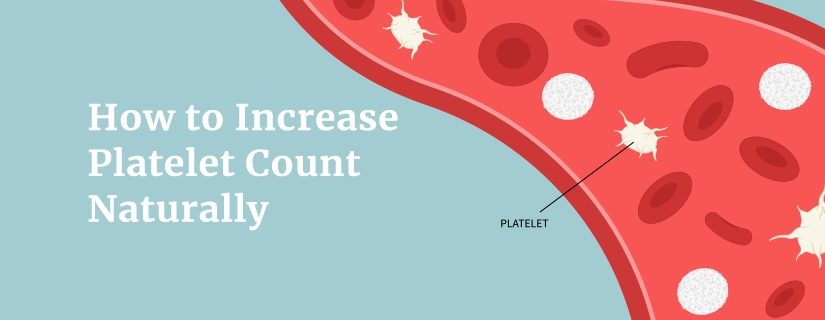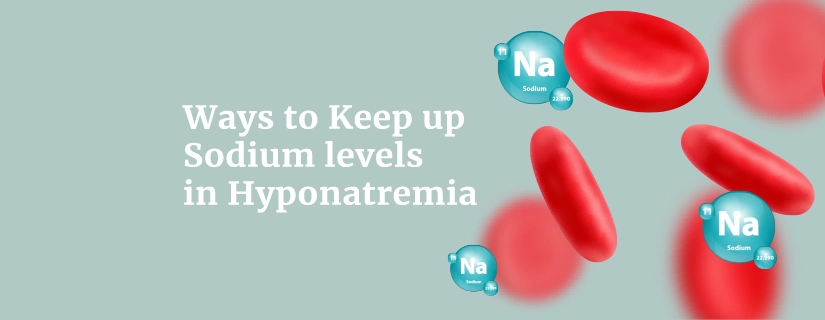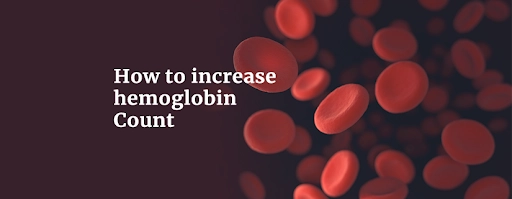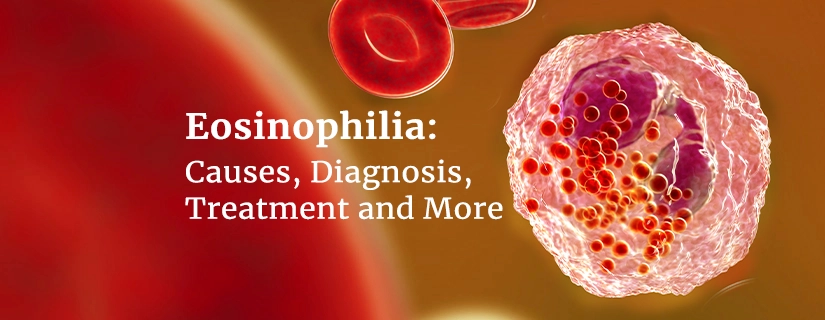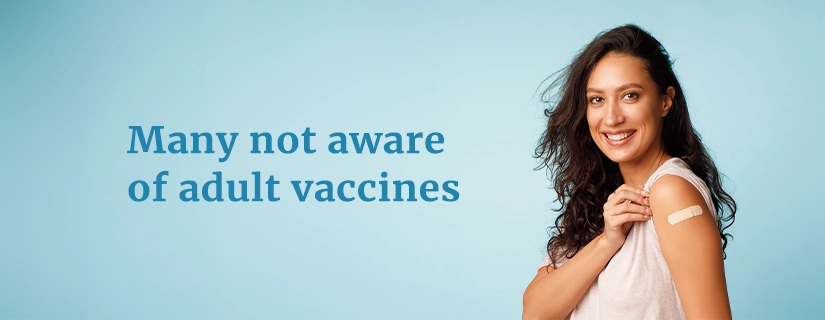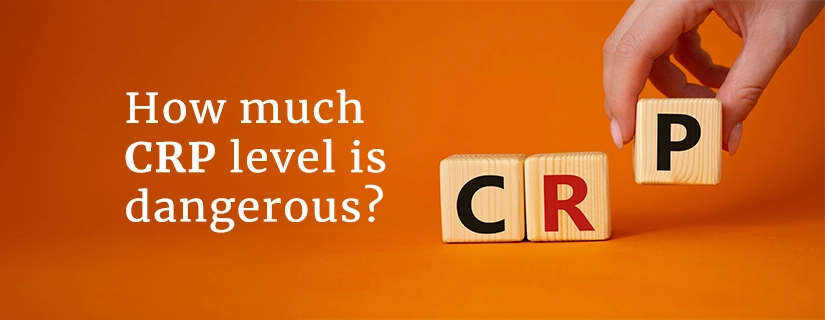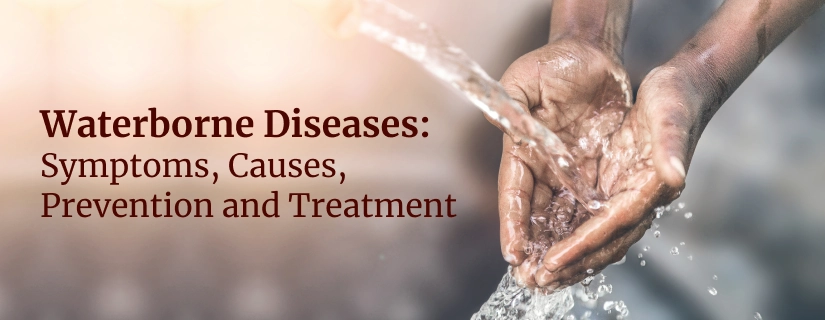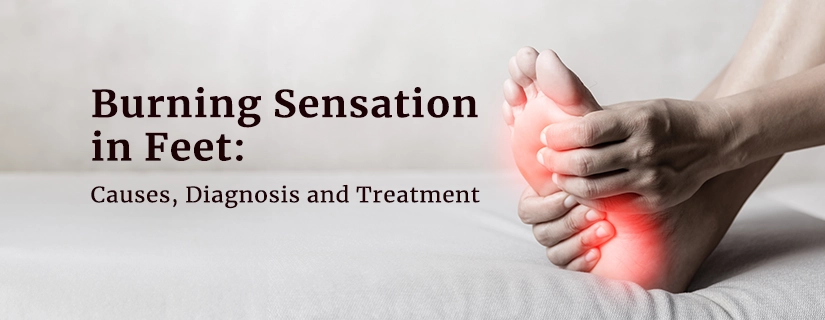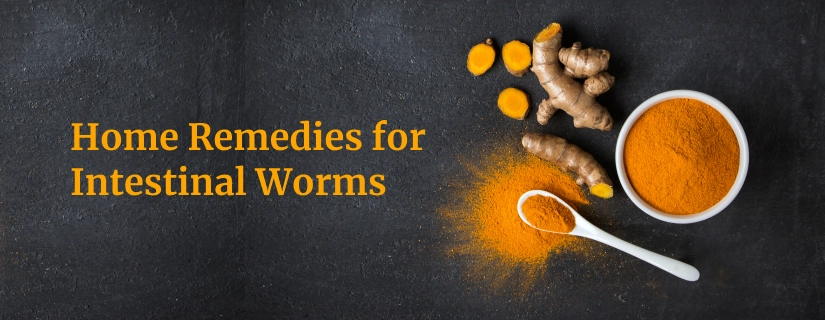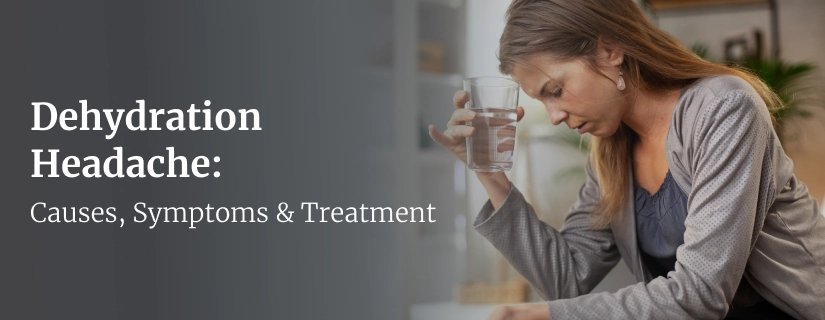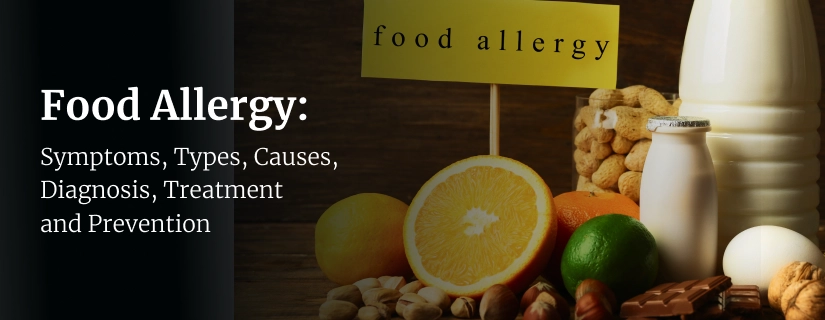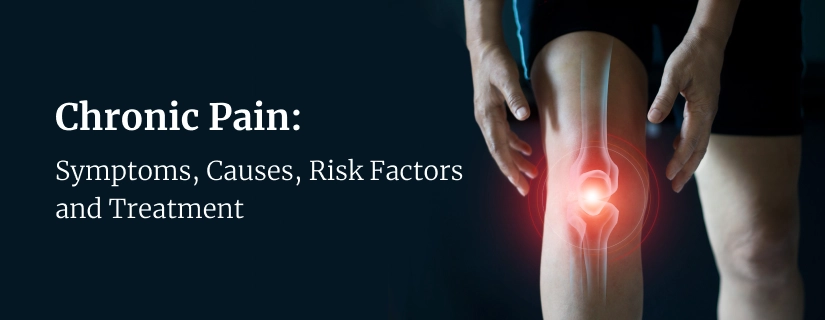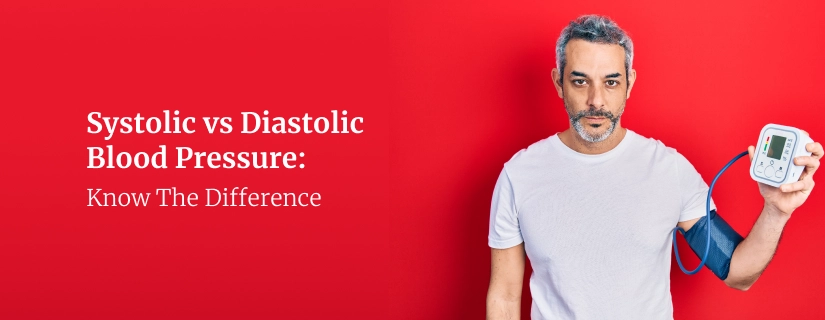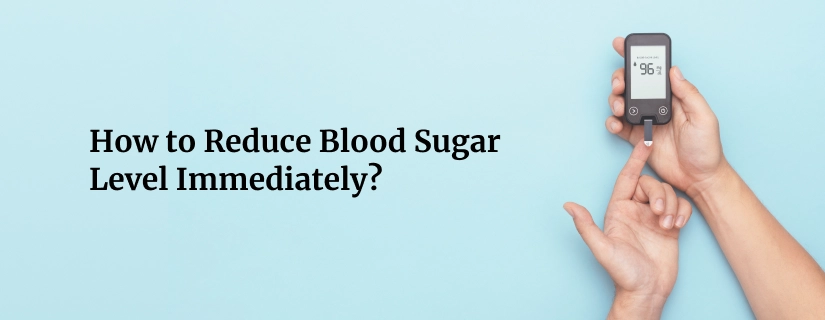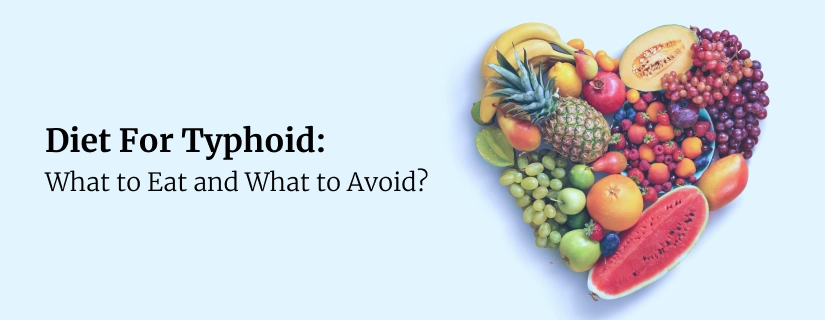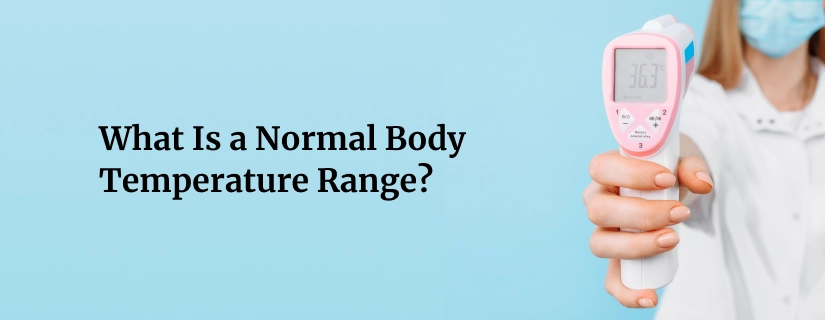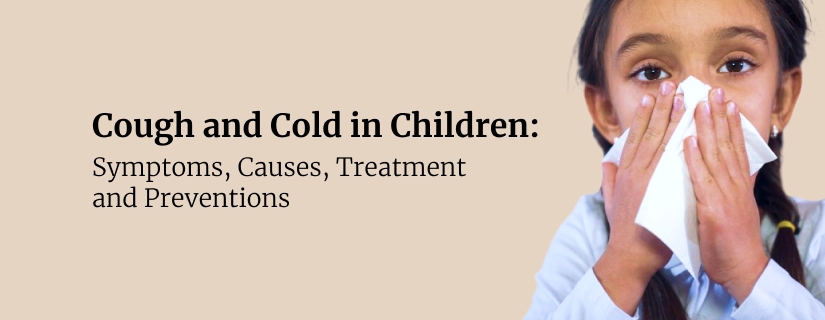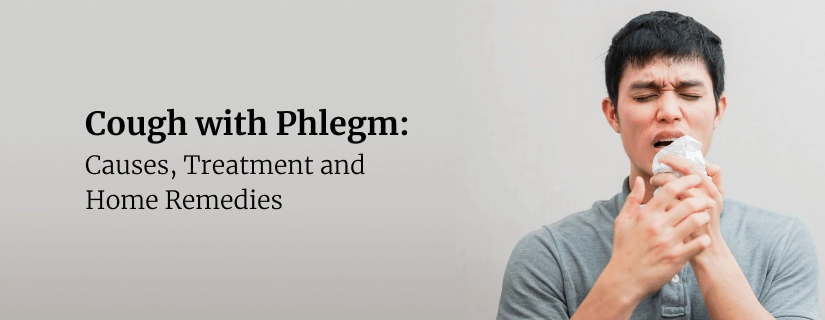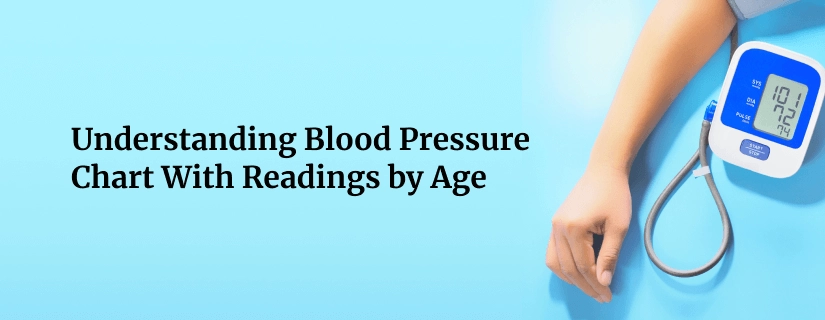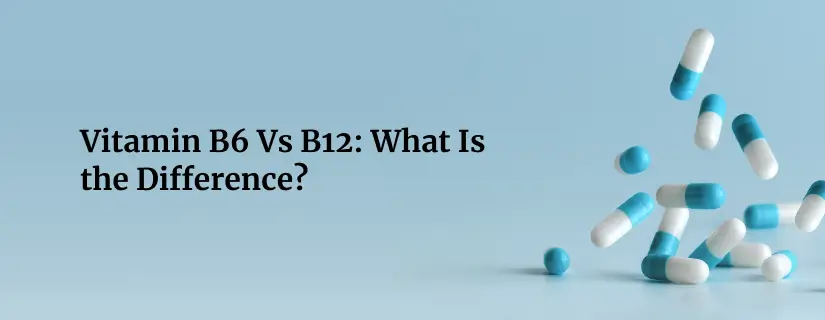-
Doctors
-
Specialities & Treatments
Centre of Excellence
Specialties
Treatments and Procedures
Hospitals & Directions HyderabadCARE Hospitals, Banjara Hills CARE Outpatient Centre, Banjara Hills CARE Hospitals, HITEC City CARE Hospitals, Nampally Gurunanak CARE Hospitals, Musheerabad CARE Hospitals Outpatient Centre, HITEC City CARE Hospitals, Malakpet
HyderabadCARE Hospitals, Banjara Hills CARE Outpatient Centre, Banjara Hills CARE Hospitals, HITEC City CARE Hospitals, Nampally Gurunanak CARE Hospitals, Musheerabad CARE Hospitals Outpatient Centre, HITEC City CARE Hospitals, Malakpet Raipur
Raipur
 Bhubaneswar
Bhubaneswar Visakhapatnam
Visakhapatnam
 Nagpur
Nagpur
 Indore
Indore
 Chh. Sambhajinagar
Chh. SambhajinagarClinics & Medical Centers
Book an AppointmentContact Us
Online Lab Reports
Book an Appointment
Consult Super-Specialist Doctors at CARE Hospitals
Tips to Prevent Water-Borne Diseases
Updated on 29 March 2023
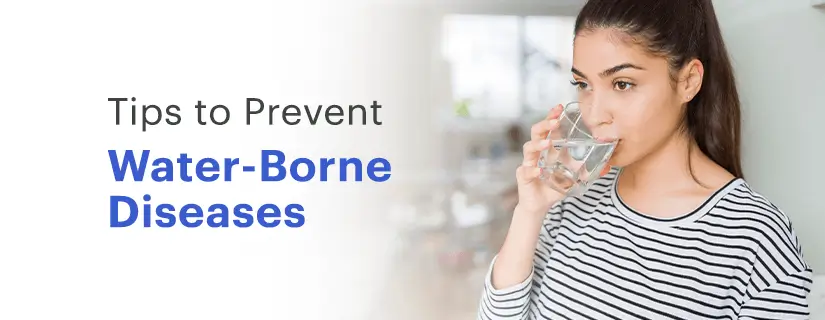
Water-borne diseases are conditions or infections that are caused by microorganisms transmitted via unhygienic or contaminated water. These conditions can be spread through contaminated water used for making food, washing, bathing, and drinking.
Natural disasters like cyclones, floods and earthquakes cause changes in the pathogenic patterns which trigger these diseases. Water-borne diseases also spread due to poor maintenance of water pipelines. The intermingling of drinking and sewage water is the main cause.
The pathogens and the water-borne diseases spread by them are as follows:
- Virus - Rotavirus diarrhoea in infants, poliomyelitis, Hepatitis E, and viral hepatitis A.
- Leptospiral - Weil's disease
- Protozoans - Giardiasis and amoebiasis
- Bacteria - Cholera, paratyphoid fever, typhoid fever, E. Coli diarrhoea, and Bacillary dysentery
- Helminthic - Hydatid disease, threadworm, and roundworm
What are Waterborne Diseases?
Waterborne diseases are illnesses caused by consuming contaminated water or coming into contact with water containing infectious agents like bacteria, viruses, protozoa, or parasites. These diseases are typically contracted by drinking, swimming, or using contaminated water for various purposes like cooking or washing.
What are Some Types of Water-Borne Diseases?
Several types of waterborne diseases exist, including:
- Cholera: Caused by the bacterium Vibrio cholerae, cholera leads to severe diarrhoea and dehydration, posing a significant risk of death if not treated promptly.
- Typhoid Fever: A bacterial infection caused by Salmonella typhi, transmitted through contaminated water or food. Symptoms include fever, abdominal pain, and gastrointestinal issues.
- Hepatitis A: A viral infection affecting the liver, transmitted through water or food contaminated with the hepatitis A virus (HAV). It leads to symptoms such as jaundice, fatigue, and abdominal pain.
- Giardiasis: Caused by the protozoan parasite Giardia lamblia, this disease affects the intestines and leads to symptoms like diarrhoea, abdominal cramps, and bloating.
- Cryptosporidiosis: Caused by the parasite Cryptosporidium, it causes watery diarrhoea, stomach cramps, nausea, and vomiting.
- Dysentery: An infection of the intestines, often bacterial, leading to severe diarrhoea with blood or mucus in the stool. It's typically caused by Shigella bacteria or amoebas.
Preventing waterborne diseases involves ensuring access to clean, safe drinking water, proper sanitation, maintaining hygiene, treating water sources, and adhering to public health measures to reduce contamination risks. Boiling water, using water purification methods, and maintaining proper hygiene practices are essential steps in preventing waterborne illnesses.
Causes of Water-borne Illness
The causes of waterborne illnesses primarily stem from the presence of pathogens in water sources due to contamination from human or animal waste, inadequate sanitation systems, or pollution from industrial and agricultural activities. Factors such as poor water quality, improper sanitation, and inadequate hygiene practices contribute to the spread of waterborne diseases.
Water-borne Diseases Symptoms
Water borne diseases symptoms can be the following;
- Diarrhoea
- Nausea
- Vomiting
- Fever
- Stomach cramps
- Shortness of breath
- Cough
Prevention of Water-borne Diseases
According to the World Health Organisation (WHO), water-borne diseases affect more than 1.8 million people yearly worldwide, some of which are fatal. The number primarily includes children in developing countries like India.
However, the good news is that these diseases are preventable if proper care is taken. By taking effective preventive measures, individuals can safeguard themselves and their families from the harmful consequences of these diseases.
Here are some tips for preventing water-borne diseases:
Water Disinfection
Many artificial and natural resources are polluted by toxic substances and waste. In India, half of the pipelines deliver untreated water. Access to clean water is the most significant step to preventing disease outbreak. Therefore, it is recommended to install a water purifier in homes. If it's not possible, add common iodine to the water and boil it for 10 minutes to make it suitable for consumption. This is one of the safest and simplest methods to get protection from water-borne diseases.
Sanitized Environment
The spreading of water-borne diseases occurs through unsanitized sources. A large fraction of the Indian population lives in malaria-endemic zones. The spread of the disease occurs due to the breeding of mosquitoes in open water sources and increases during monsoon season. Preventing water stagnation, sterilising open water sources, and cleaning drains can help set up a clean environment for living and control the breeding of disease-causing organisms.
Personal Hygiene
Ignoring food and personal hygiene can make an individual susceptible to numerous diseases. Practicing some common hygiene practices, such as using clean toilets, flushing, using disinfectants, and washing feet and hands after returning from the office or home, can help decrease the chances of developing a disease. Further, people must avoid eating junk and street food when there is an outbreak of dysentery, diarrhoea, cholera or typhoid.
Eat Safe Foods
Water-borne disease-causing organisms flourish on uncovered and stale foods. Therefore, people must consume items that are hot and covered. Moreover, they should not be kept outside. Make sure to wash fruits and vegetables with dilute vinegar and refrigerate them to preserve them.
Vaccination
Vaccinations prevent millions of deaths due to water-borne diseases. It is an effective way to control disease spread. Vaccines can be administered to a large number of people in emergency cases. Though they can't replace traditional prevention measures, they can help strengthen the immune system to reduce the signs and symptoms of diseases and fast recovery.
Therefore, it is important to get vaccinated at regular time intervals. Further, women who have become mothers recently should breastfeed their babies for six months to help them develop antibodies against diseases such as diarrhoea. Caretakers and parents of children must disinfect their hands with soap after changing their wards' clothes and diapers.
Spreading Awareness
Lack of awareness about the spread and symptoms of water-borne diseases is one of the reasons for them being undetected and untreated. When all preventive ways fail, medical treatment options can still control further complications. Spreading information and educating family and friends about the dangers of diseases can help decrease the probability of getting affected or methods to be taken after an infection.
Mass awareness campaigns, individual ownership, and local initiatives can result in a timely diagnosis, intervention and treatment of water-borne diseases, reducing the number of deaths.
Conclusion
Every year, water-borne diseases affect millions of people, especially those who do not have access to safe drinking water. These diseases result in many deaths. If every person acquires hygiene, practices safe sanitation and has access to safe drinking water, then these water-borne diseases will not exist.

ENQUIRY FORM
SELECT CATEGORIES
-
Neurosciences (16)
-
Neurology (37)
-
Neurosurgery (14)
-
Orthopaedics (48)
-
Oncology (33)
-
Obstetrics and gynecology (51)
-
Pulmonology (23)
-
Urology (20)
-
Nephrology (13)
-
Psychiatry (7)
-
Dietetics and Nutrition (111)
-
General Medicine (63)
-
Cardiac Sciences (30)
-
Vascular & Endovascular Surgery and Interventional Radiology (10)
-
Gastroenterology (46)
-
Endocrinology (23)
-
Plastic Surgery (10)
-
Critical Care Medicine (5)
-
COVID-19 (16)
-
Dermatology (16)
-
Emergency Care (1)
-
Ophthalmology (4)
-
Pediatrics (14)
-
Laparoscopic and Bariatric Surgery (8)
-
ENT (15)
-
Kidney Transplant (1)
-
Liver Transplantation and Hepatobiliary Surgery (5)
-
General Surgery (3)
-
Internal Medicine (5)
-
Medicine Information
Preventive Healthcare: Types, Benefits and Significance
HIV and AIDS: Symptoms, Causes, and Treatments
YOU MAY ALSO LIKE
RECENT BLOGS
-

Direct Anterior Approach in Total Hip Replacement: Advantages and Challenges
10 April 2025
Read More
-

Zinc Deficiency: Signs and Symptoms, Causes, Treatment
9 April 2025
Read More
-

Chest Pain When Coughing: Causes, Treatment and Home Remedies
9 April 2025
Read More
-

12 Health Benefits of Eating Mushrooms
8 April 2025
Read More
-

7 Health Benefits of Blood Donation You Should Know About
8 April 2025
Read More
-

Implantation Bleeding Vs Periods: Know the Difference
28 February 2025
Read More
-

Bloating During Ovulation: Symptoms, Causes and Remedies
28 February 2025
Read More
-

Itching During Dengue: Causes, Treatment and Home Remedies
18 February 2025
Read More
Have a Question?
If you cannot find answers to your queries, please fill out the enquiry form or call the number below. We will contact you shortly.



